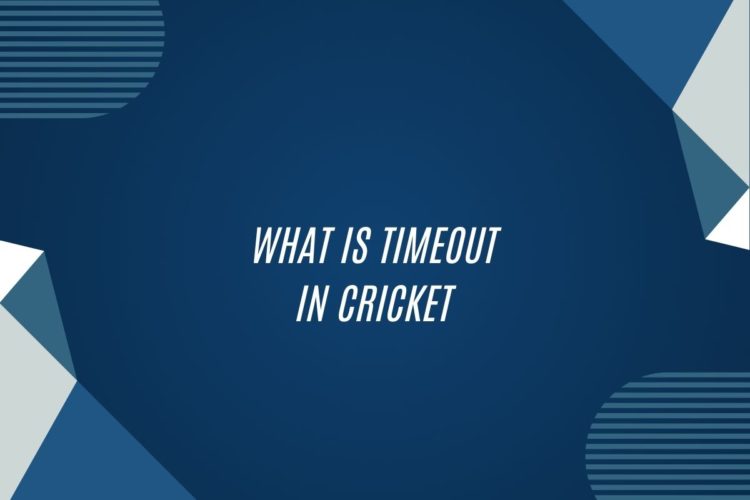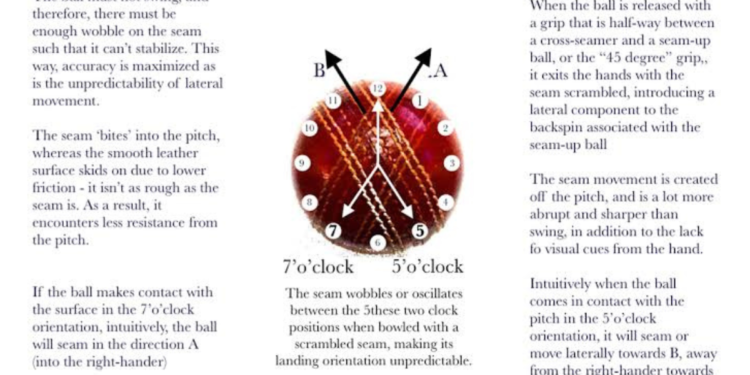Definition and Purpose
A timeout in sports is a temporary halt in gameplay requested by a coach or team captain. It serves as an opportunity for players to regroup, strategize, and potentially turn the tide of the game in their favor. During a timeout, teams can discuss tactics, address challenges, or simply catch their breath amid the intensity of play.
The purpose of calling a timeout is multifaceted. It allows teams to assess the current situation on the field or court, make adjustments to their game plan, and provide players with a moment of rest and reflection. Timeouts are strategic tools used to break momentum, motivate players, and create opportunities for crucial decision-making that can impact the outcome of the game.
When Timeout is Called
Timeouts are commonly employed in sports to provide teams with a brief pause during gameplay. They offer coaches and players a chance to regroup, strategize, and address any emerging issues on the field or court. In many sports, timeouts are often called at critical junctures of the game to help shift momentum or break the opposing team’s rhythm.
Coaches strategically decide to call a timeout when they sense their team needs a moment to catch their breath, make adjustments, or thwart the opponent’s momentum. These breaks in play can also be utilized to provide rest for fatigued players, motivate the team, or allow for crucial coaching instructions to be relayed swiftly. Ultimately, timeouts serve as a valuable tactical tool that can influence the outcome of a game by offering a brief respite amidst the fast-paced action.
Duration of Timeout
Timeouts during sporting events are crucial moments that allow teams to regroup, strategize, and address any pressing issues. The duration of a timeout varies depending on the sport and level of competition. In most professional sports leagues, timeouts typically last around 60 to 90 seconds.
In high-intensity matches where every second counts, coaches are usually mindful of making concise and impactful use of their allocated timeout. The limited timeframe within a timeout forces teams to swiftly communicate key adjustments and motivate players, keeping them focused on the upcoming challenges.
Who Can Call a Timeout
In most sports, the authority to call a timeout lies with the players and coaches during gameplay. Players typically have the ability to request a timeout when needed, whether to regroup, strategize, or address any issues that may arise during the game. Coaches also hold the power to call a timeout in order to provide guidance, make necessary adjustments, or motivate their team.
The decision to call a timeout is a strategic move that can significantly impact the flow and outcome of a game. It is crucial for players and coaches to be aware of the timing and significance of using a timeout effectively. By recognizing the right moments to pause the game, teams can capitalize on the opportunity to reset, refocus, and potentially gain a competitive edge over their opponents.
Reasons for Calling a Timeout
One common reason for calling a timeout during a sports game is to break the momentum of the opposing team. This strategic move allows the team calling the timeout to regroup, refocus, and potentially disrupt the flow of the game in their favor. By forcing a pause in the action, teams can take a moment to adjust their game plan, communicate any necessary changes, and address any issues that may be hindering their performance.
Another reason for calling a timeout is to give players a chance to rest and recuperate. In fast-paced sports where players exert a significant amount of physical energy, timeouts offer a brief opportunity for athletes to catch their breath, hydrate, and mentally prepare for the next phase of the game. This brief break can be crucial in maintaining player stamina and preventing fatigue, ultimately allowing them to perform at their best when the game resumes.























